The City of a Hundred Spires arises out of the Vltava River like an architectural time capsule, where Gothic spires throw shadows upon stone squares and medieval alleys lead straight to Art Nouveau cafés. Prague somehow survived two world wars with its historic core intact, and so visitors journey through centuries of preserved beauty.
Whether it’s an astronomical clock keeping pace since the Middle Ages or underground bars serving Pilsner Urquell in the same cellars where drinkers have been enjoying themselves for centuries, this city doesn’t just reveal history—it exhales it. Below is a list of 20 experiences that capture Prague’s dizzying combination of preserved heritage and vibrant contemporary culture.
Astronomical Clock Performance
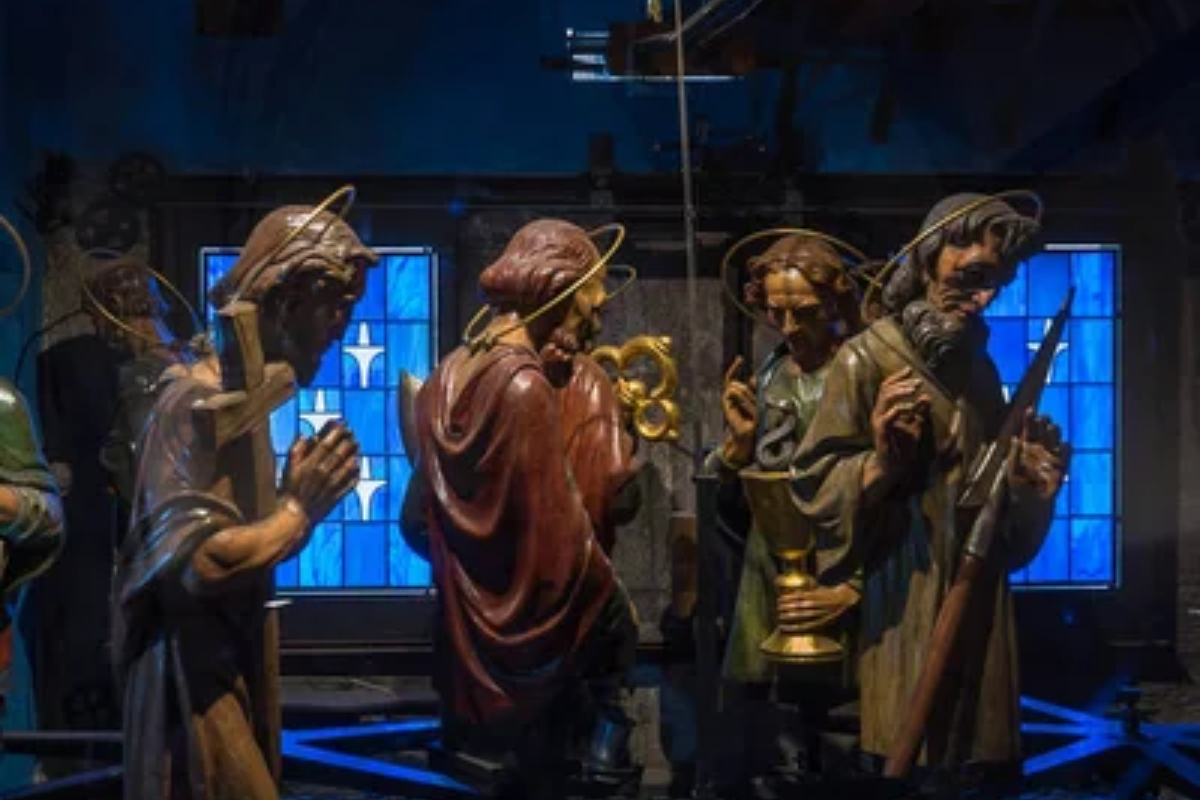
This 600-year-old timepiece draws crowds every hour as the Twelve Apostles parade past windows while Death rings his bell and the Turk shakes his head disapprovingly. The medieval mechanism still tracks Babylonian time, Old Czech time, German time, and sidereal time simultaneously.
Climbing the Old Town Hall’s tower provides views over red-tiled roofs extending beyond sight.
Charles Bridge Dawn Walk
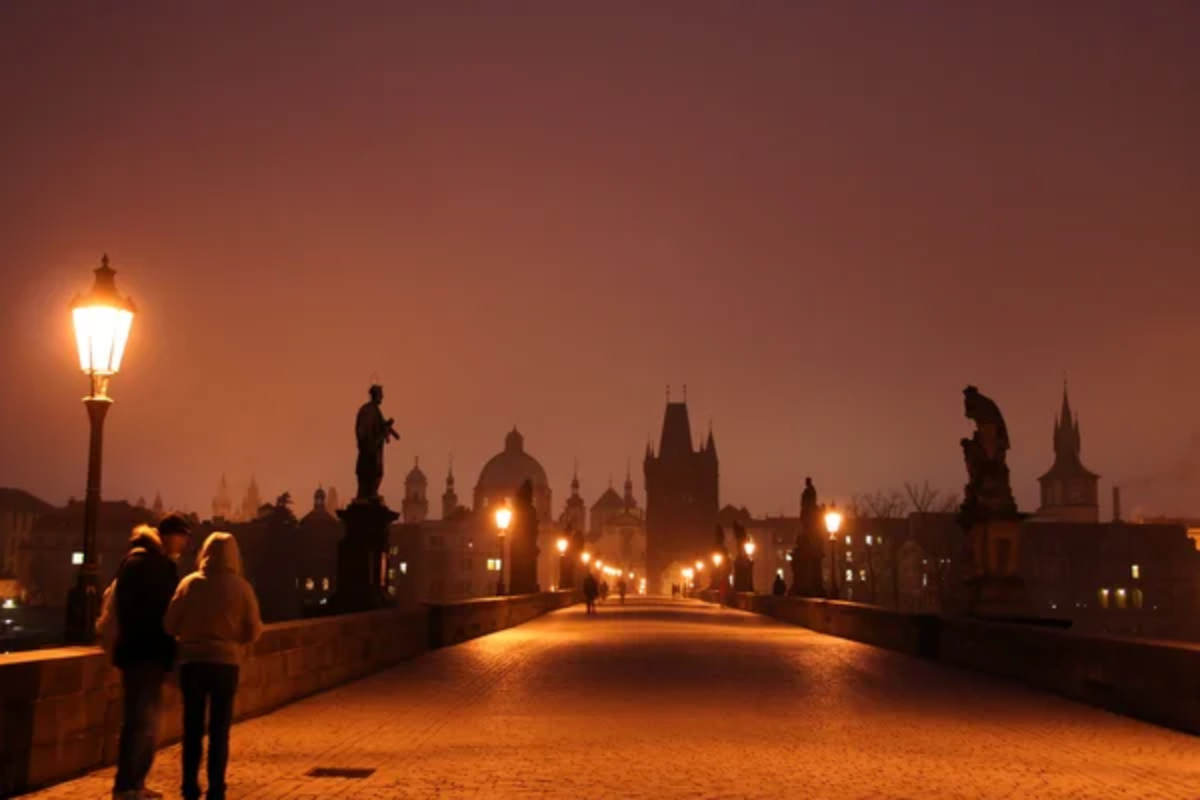
This 14th-century stone bridge comes alive with musicians and artists by day, but early morning hours belong to locals and photographers. Thirty baroque statues lining the bridge create silhouettes against sunrise while morning mist rises from the Vltava.
The bridge has witnessed coronation processions, revolutions, and countless marriage proposals.
Like Travel Pug’s content? Follow us on MSN.
Prague Castle Complex
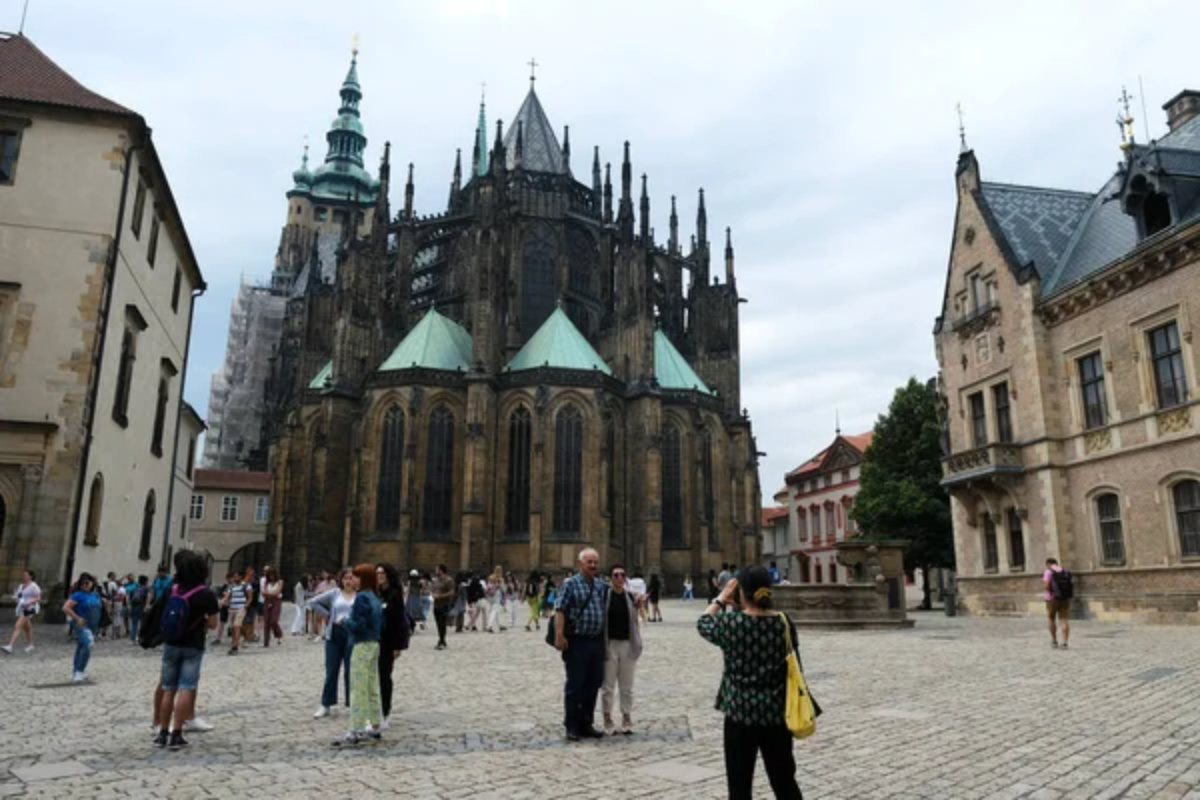
Larger than most small towns, this castle complex contains palaces, churches, and gardens that have undergone 1,000 years of architectural evolution. St. Vitus Cathedral’s gothic spires dominate the skyline, while Golden Lane’s tiny houses once sheltered alchemists and writers like Franz Kafka.
The changing of the guard ceremony maintains centuries-old military traditions.
Old Town Square Atmosphere
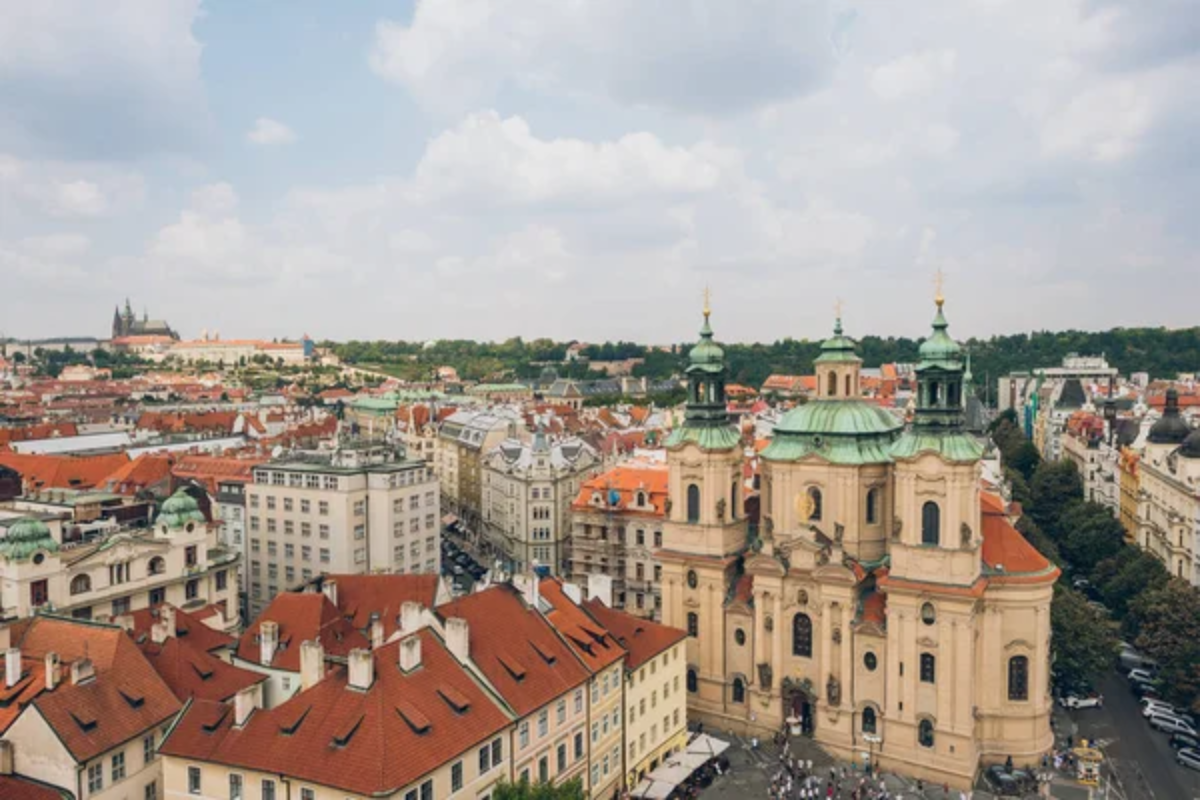
The heart of Prague pulses through this medieval square, where Romanesque, Gothic, Renaissance, and Baroque buildings compete for attention. The Jan Hus Memorial anchors religious and political history, while outdoor markets rotate through the seasons.
Horse-drawn carriages share cobblestones with modern trams, creating constant motion.
Jewish Quarter Synagogues
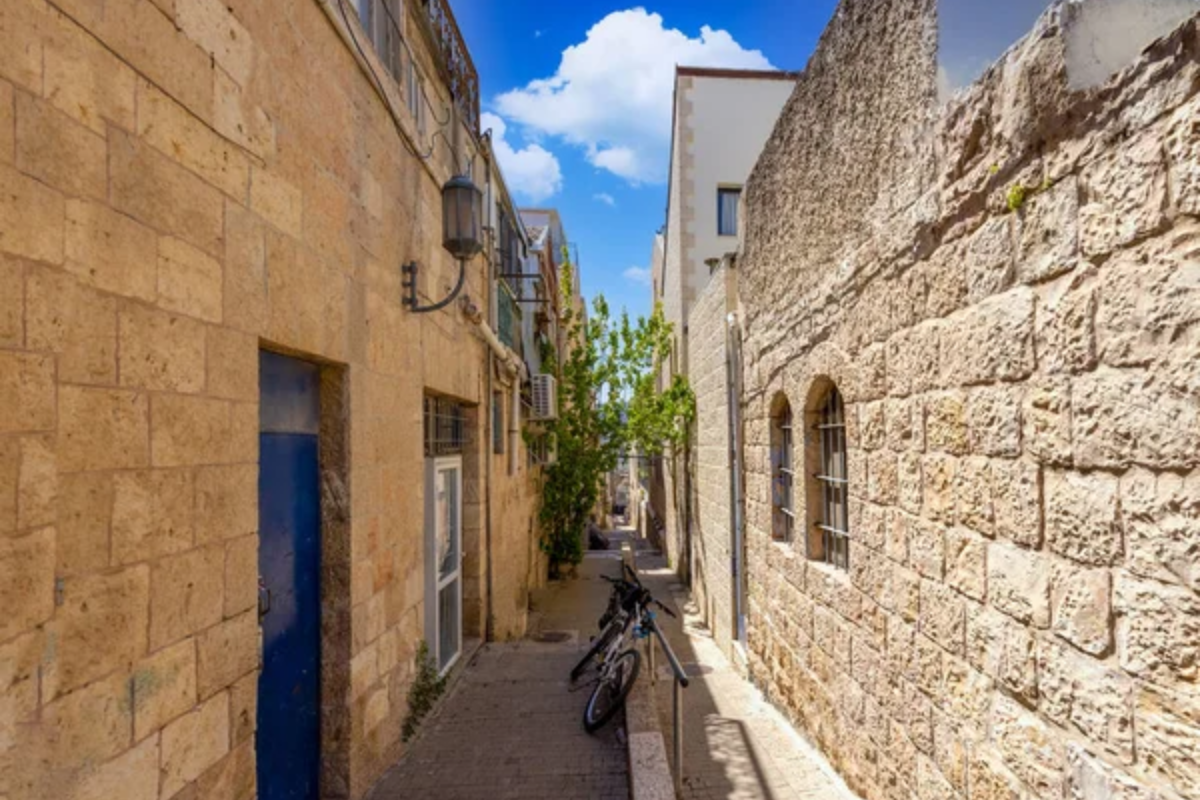
Six ancient synagogues survive within this compact district, creating Europe’s best-preserved Jewish historical area. The Old Jewish Cemetery’s 12,000 gravestones, layered 12 deep, tell stories spanning 500 years.
The Pinkas Synagogue’s walls list the names of 77,297 Czech Holocaust victims in a haunting memorial.
Like Travel Pug’s content? Follow us on MSN.
Vyšehrad Fortress Views
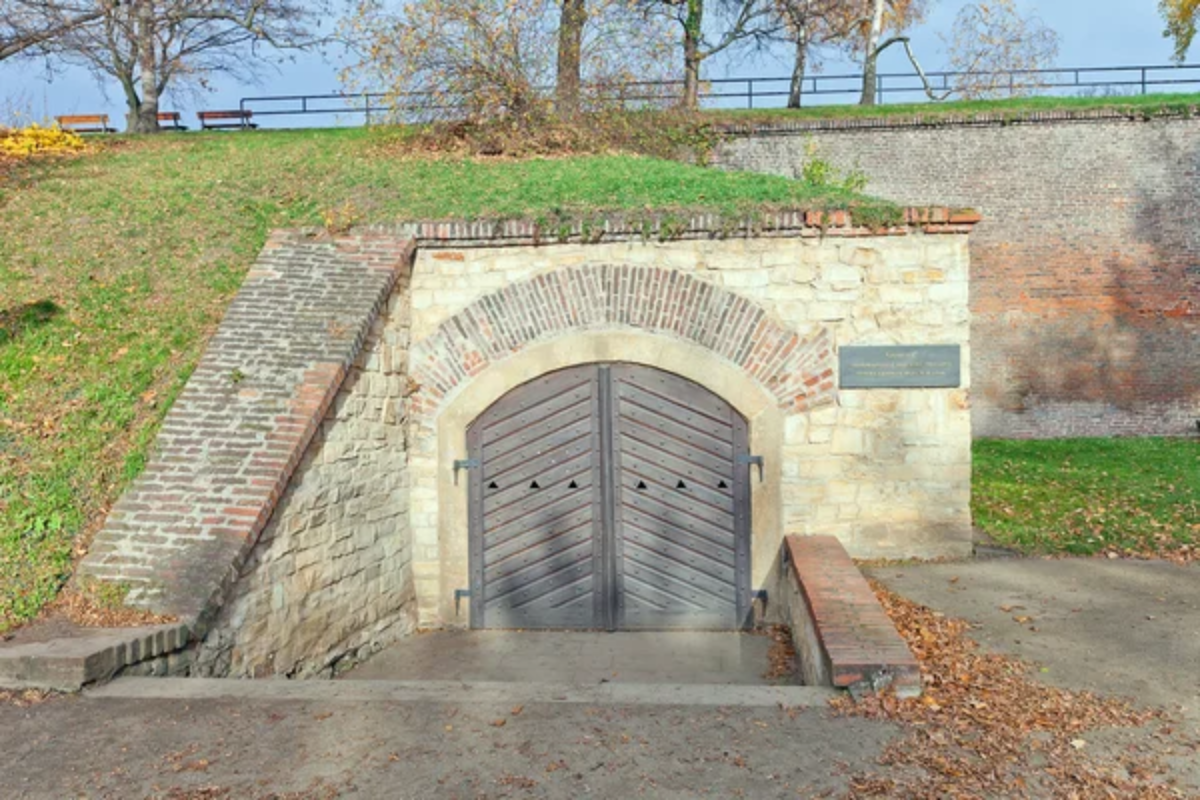
This ancient citadel overlooking the Vltava offers Prague’s best panoramic perspectives away from castle crowds. The cemetery houses Czech cultural legends, including composers Dvořák and Smetana.
Underground casemates reveal defense systems while Gothic church ruins evoke medieval mystery.
Beer Hall Culture
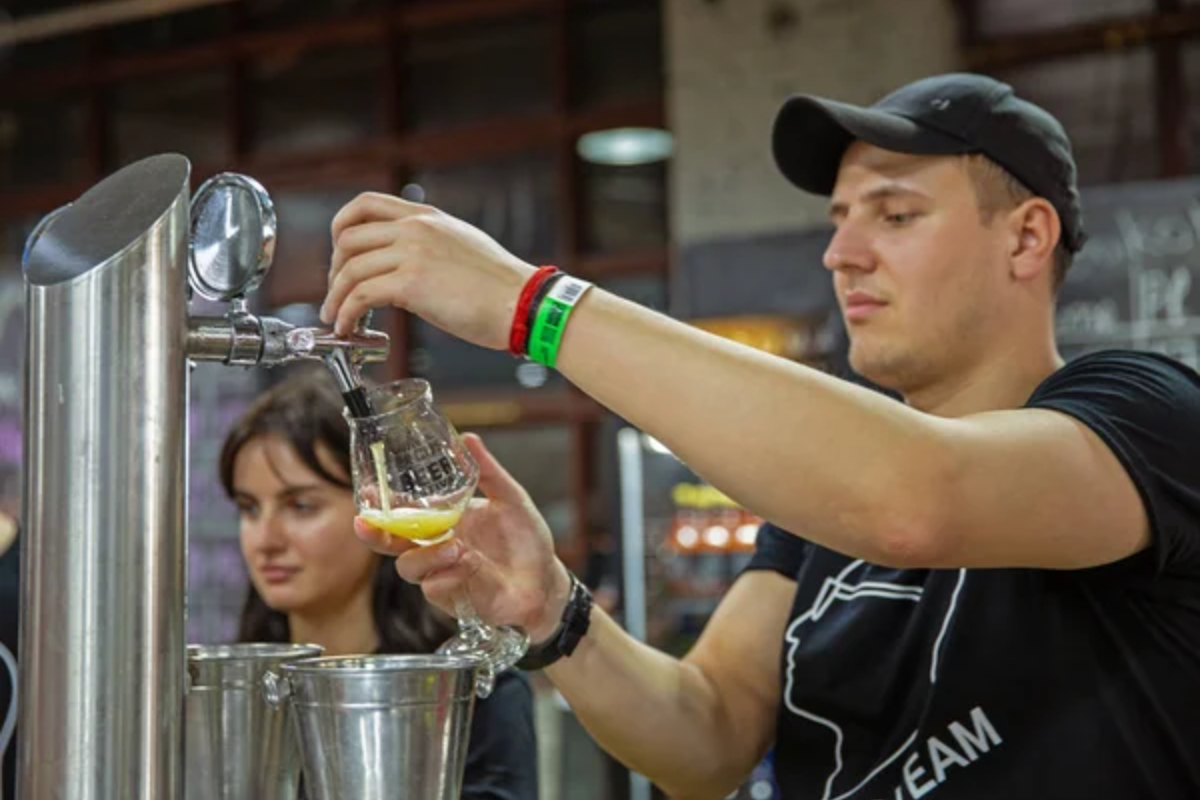
U Fleků brewery has served dark lager continuously since 1499, maintaining brewing traditions older than many nations. Waiters wearing traditional aprons move expertly through crowds while musicians play drinking songs.
Most historic pubs feature vaulted ceilings and wooden benches worn smooth by generations.
Classical Concert Venues
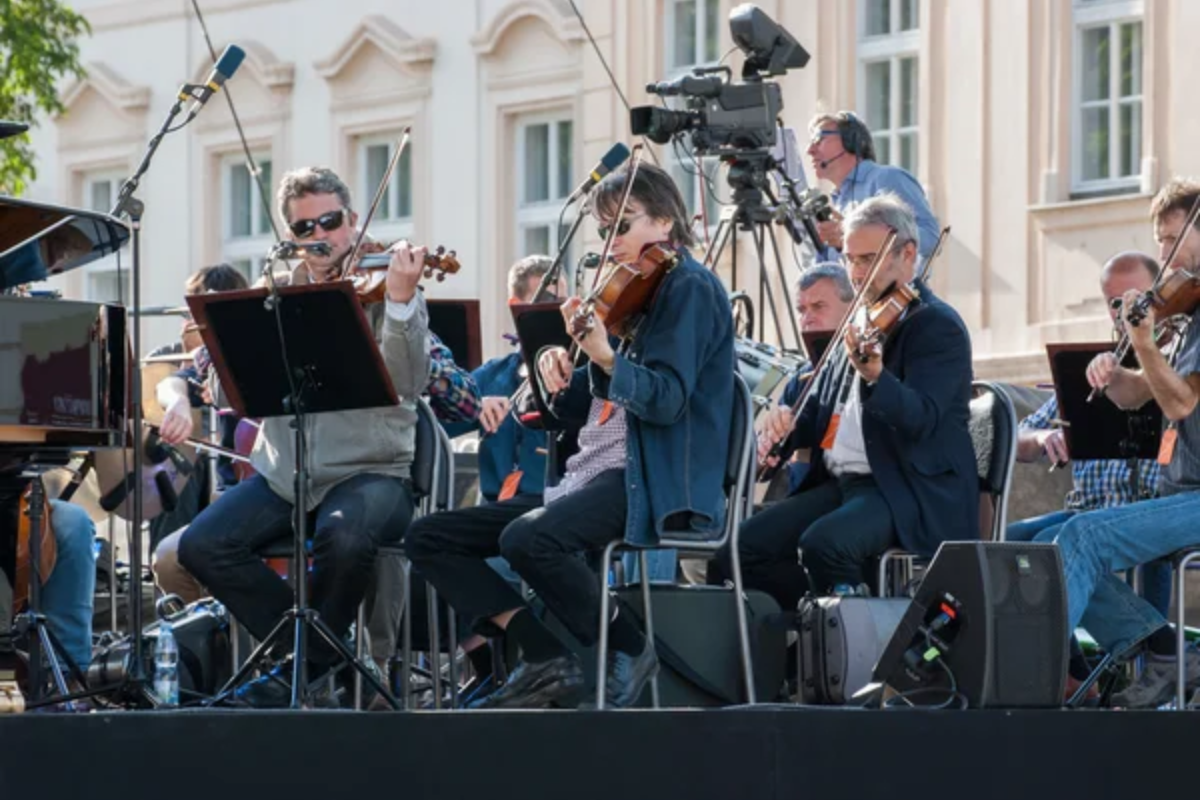
The city where Mozart premiered Don Giovanni maintains classical music excellence through intimate venues like the Estates Theatre and Rudolfinum. Municipal House’s Art Nouveau concert hall regularly features Smetana’s complete works.
Many performances occur in period-appropriate settings, enhancing the musical experience.
Like Travel Pug’s content? Follow us on MSN.
Wenceslas Square Market
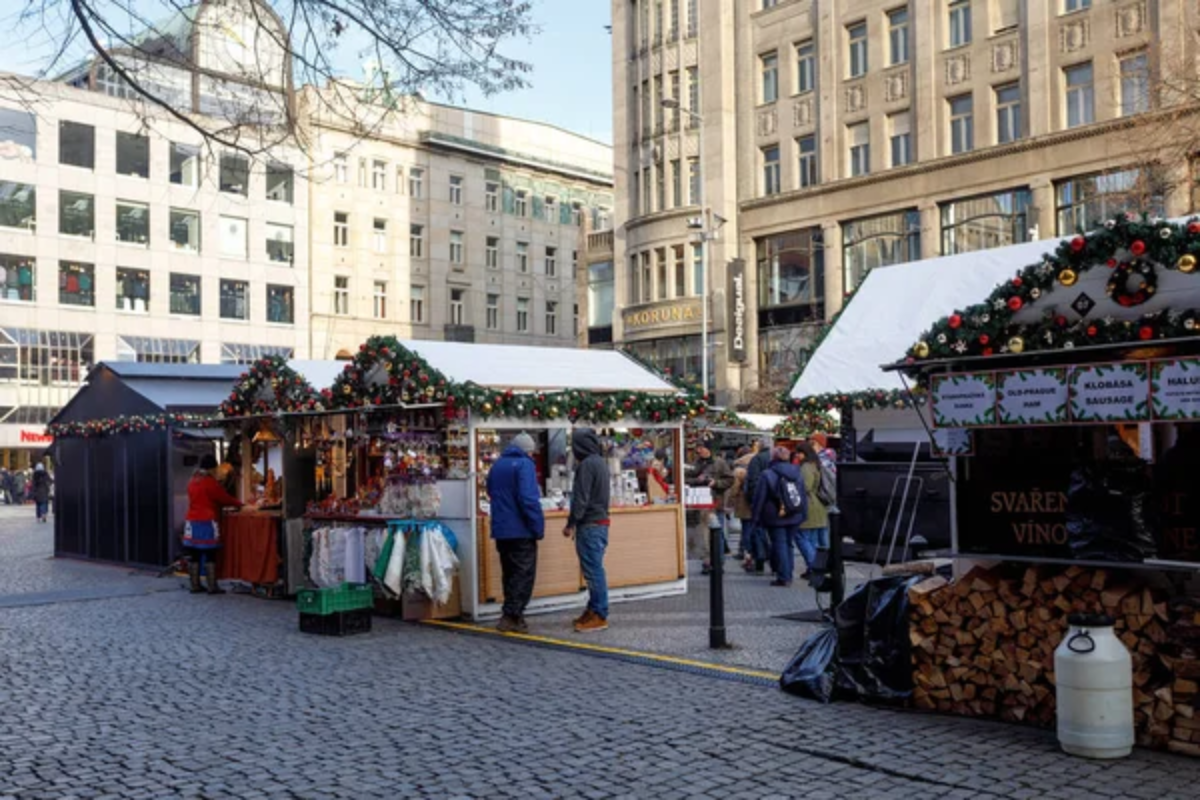
This kilometer-long boulevard functions as Prague’s main shopping and protest zone where history unfolds between department stores. The National Museum anchors one end while subway stations connect to modern metro systems.
Late-night food stands mix traditional trdelník pastries with international options.
River Vltava Cruise
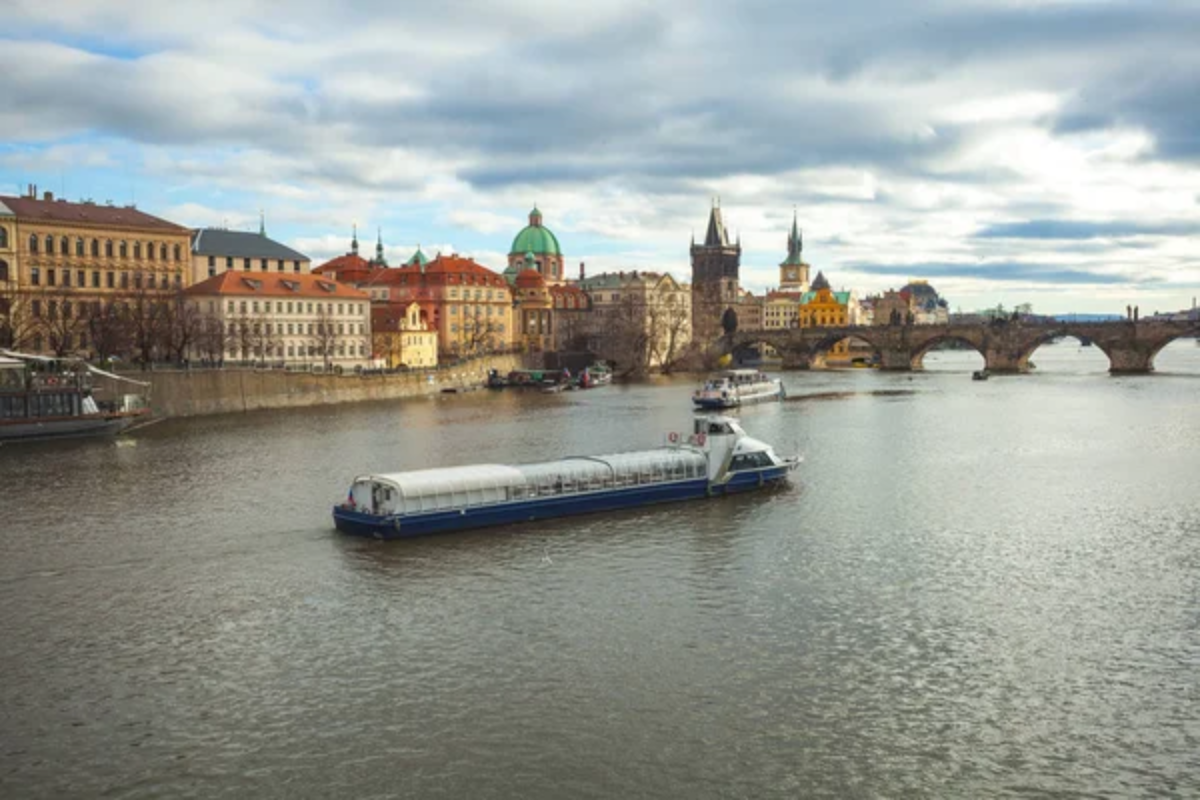
Evening cruises reveal illuminated architecture from unique perspectives while passing under 15 bridges spanning various historical periods. Mozart dinner cruises feature period costumes and classical music floating past landmarks.
Summer brings paddle-wheel steamers that recapture turn-of-century elegance.
Dancing House Modern Architecture
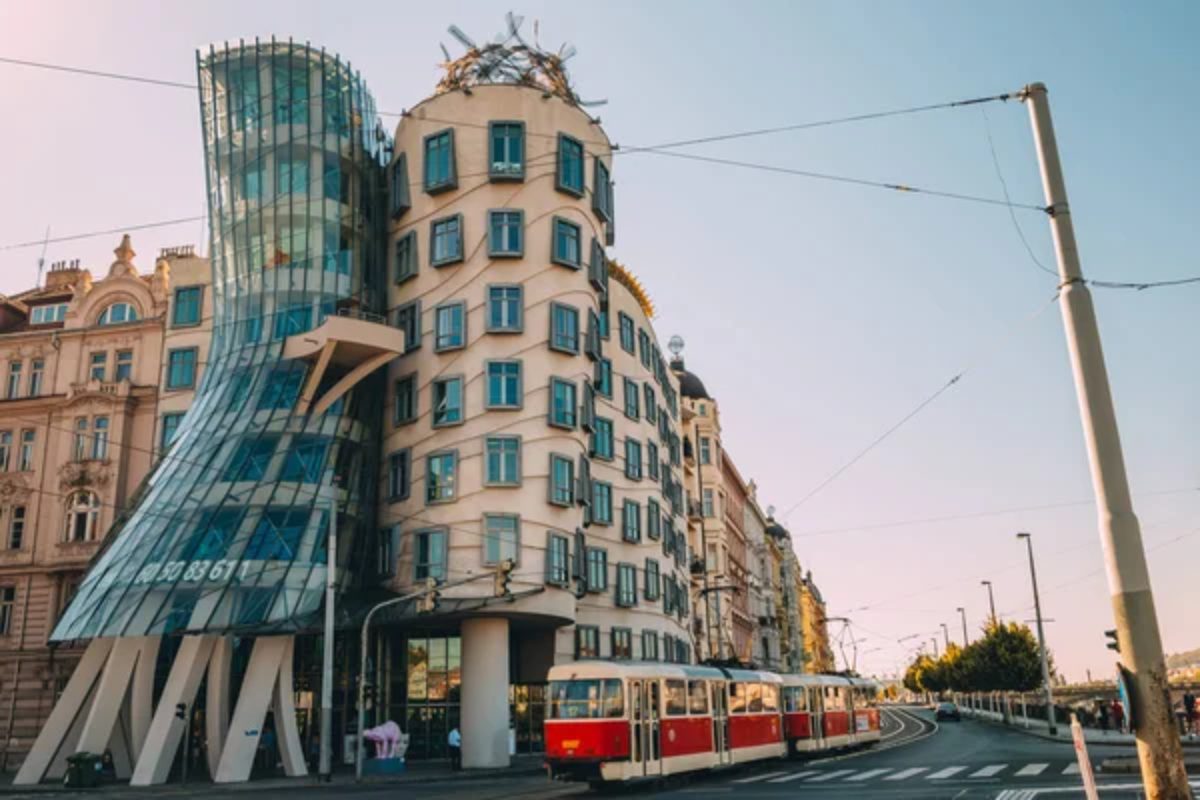
This controversial 1996 building, nicknamed Fred and Ginger by locals, proves Prague hasn’t stopped architectural evolution. Frank Gehry’s deconstructivist style contrasts sharply with the surrounding historic buildings.
The rooftop restaurant provides unexpected views over conservative neighborhoods.
Like Travel Pug’s content? Follow us on MSN.
Trdelník Street Vendor Experience
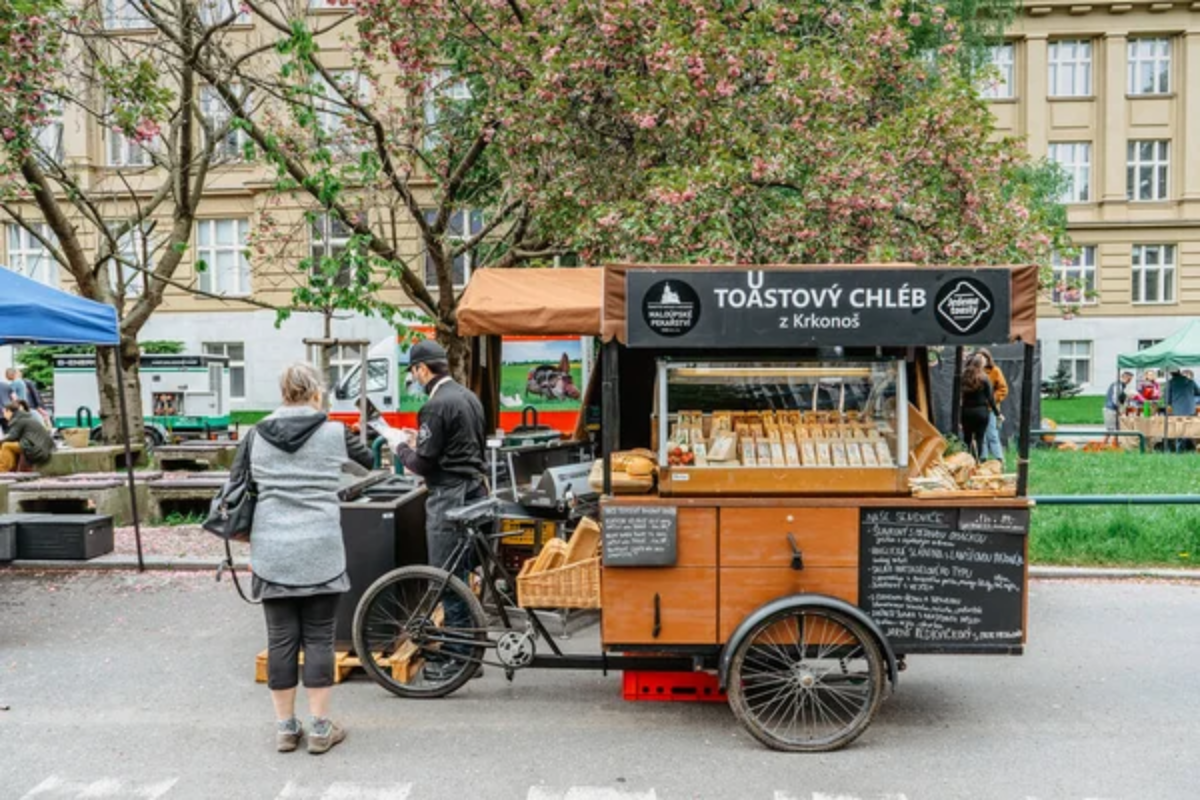
These spiral pastries grilled over charcoal fill Old Town streets with cinnamon aroma. Originally from Hungarian tradition, they’ve become Prague’s unofficial street food despite their recent arrival.
Various toppings, from Nutella to ice cream, adapt traditional recipes for tourists.
Czech Museum of Silver
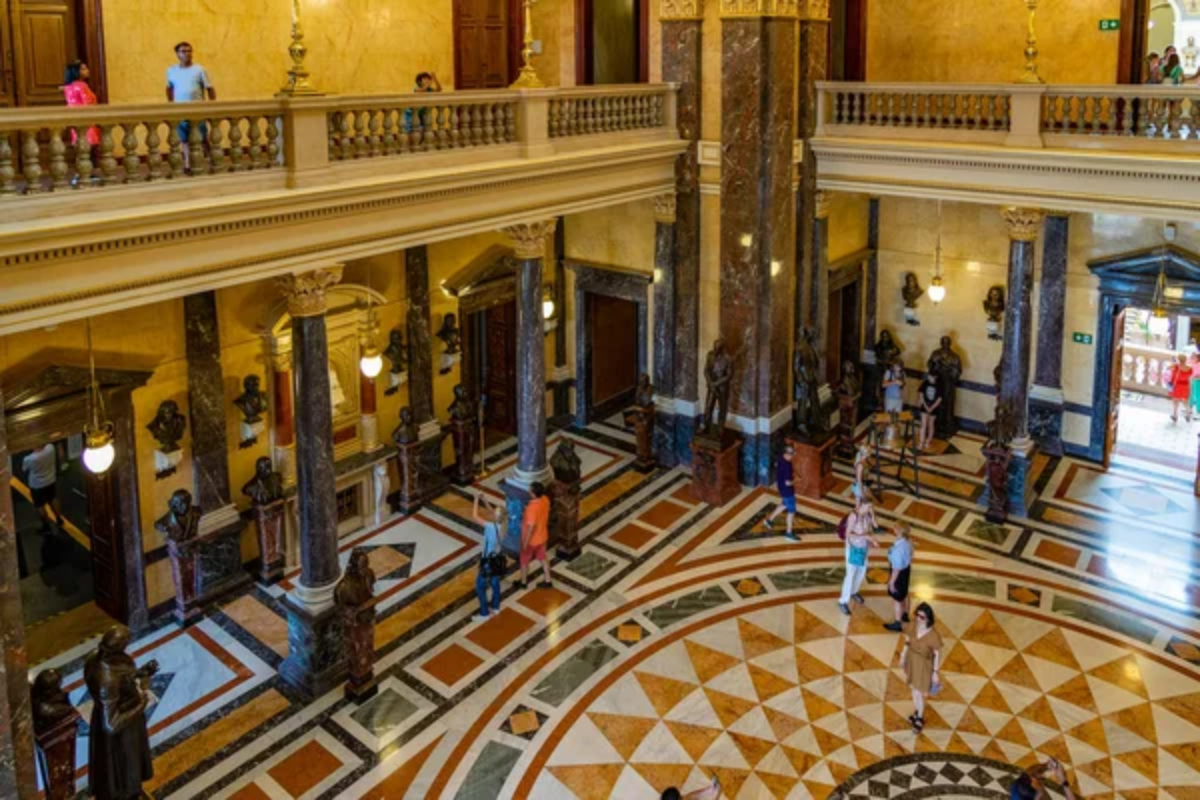
Located in medieval Kutná Hora, this UNESCO site features 14th-century silver mines that are still open for underground tours. Hard hat explorations reveal why this town funded Charles University in Prague.
The Gothic cathedral’s unfinished nave tells stories of economic boom and bust.
Naplavka Riverside Markets
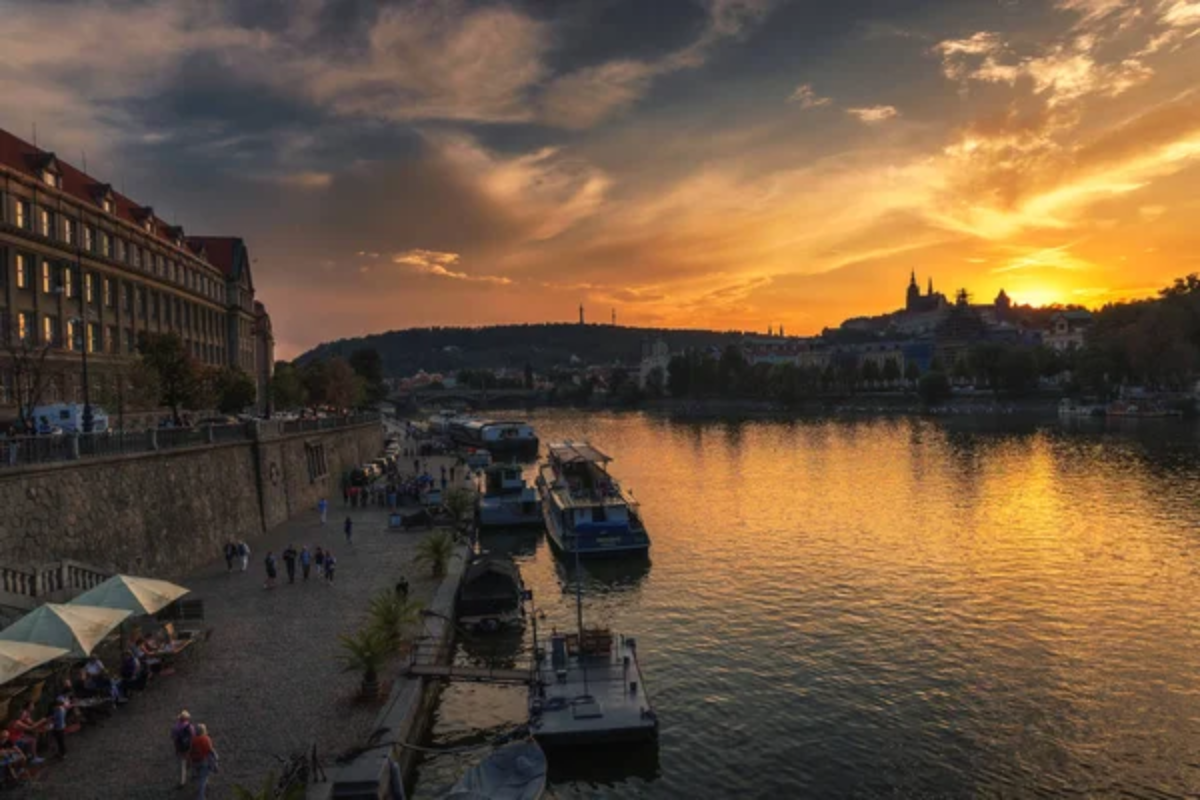
Saturday morning farmers markets line the riverfront with local produce, crafts, and food trucks. In the evening, this area transforms into outdoor dining with floating boat restaurants.
Summer weekends bring Prague’s alternative culture to the mainstream.
Like Travel Pug’s content? Follow us on MSN.
Kinsky Palace Art Exhibitions
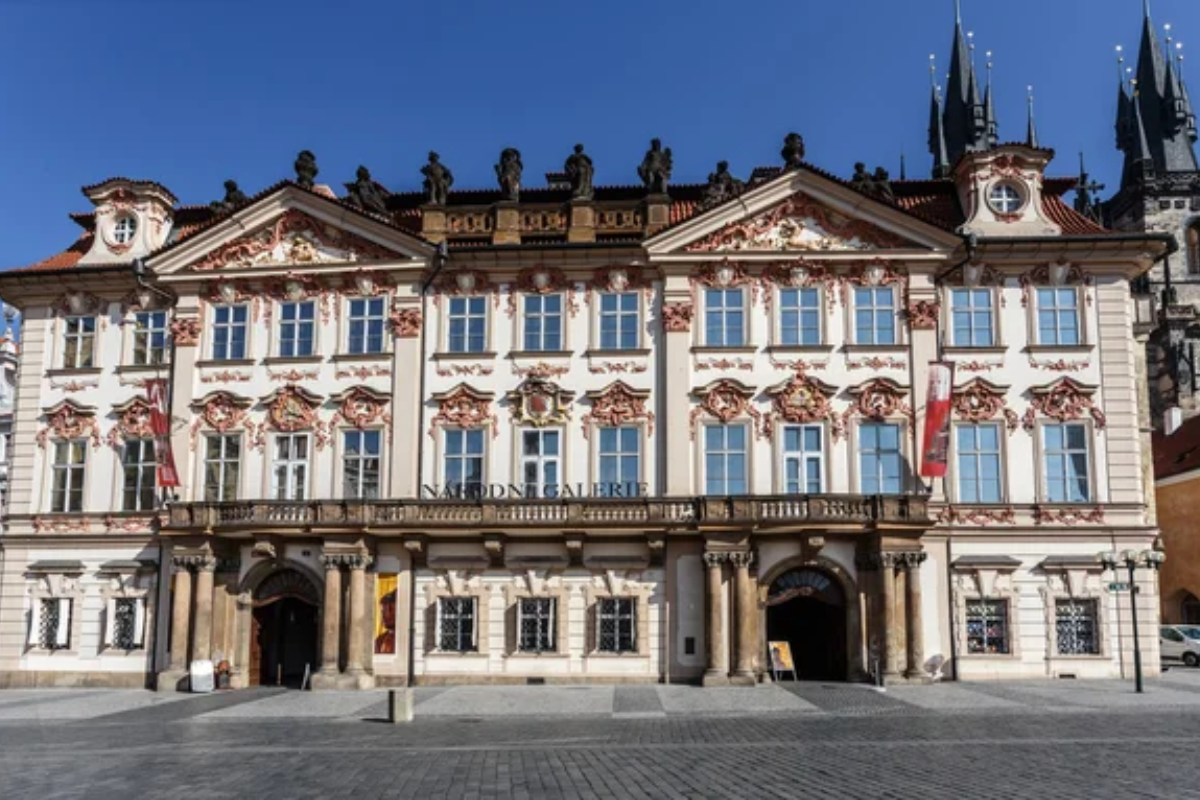
This rococo palace houses the National Gallery’s Asian art collection alongside rotating contemporary exhibitions. Franz Kafka’s childhood home adds literary significance to its architectural splendor.
The palace garden provides quiet respite from Old Town crowds.
Lennon Wall Graffiti
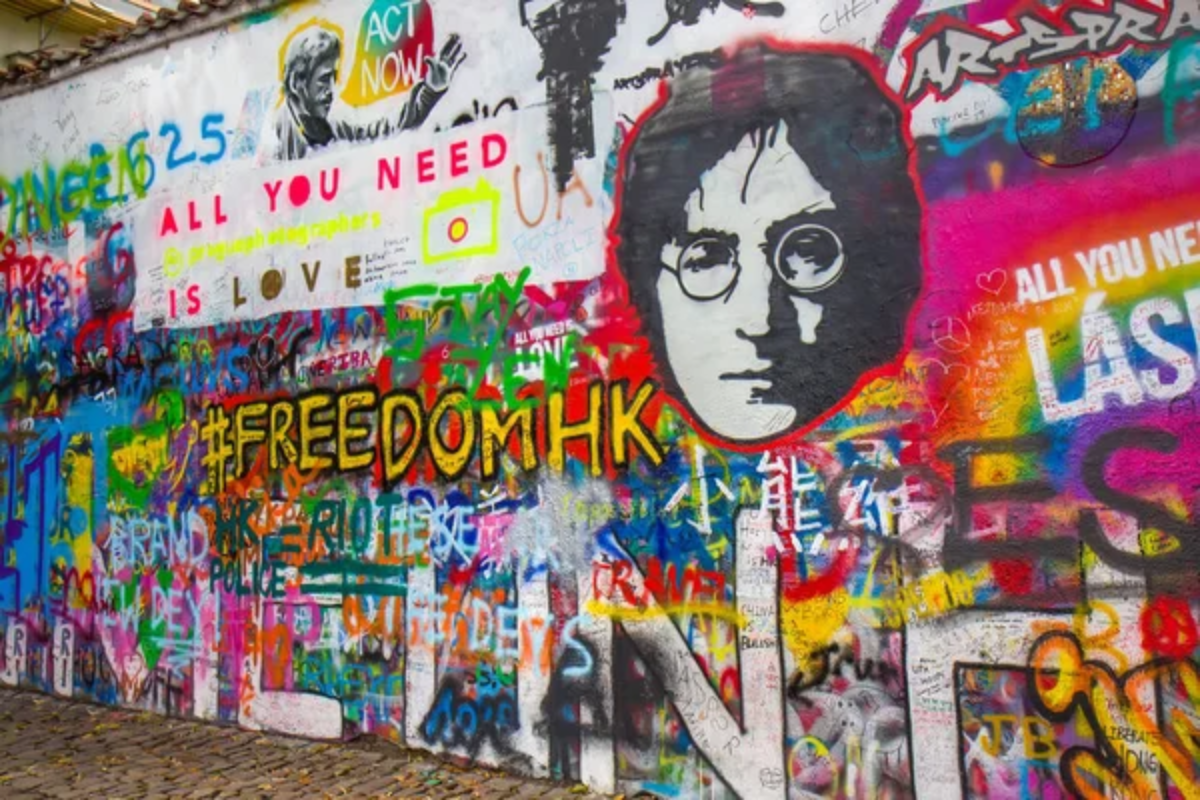
This symbol of freedom began when young Czechs filled the wall with Beatles lyrics and peace messages during Communist rule. Despite multiple repaintings, new graffiti appears daily, creating an evolving street art installation.
The adjacent French embassy marks diplomatic significance.
Petřín Hill Gardens
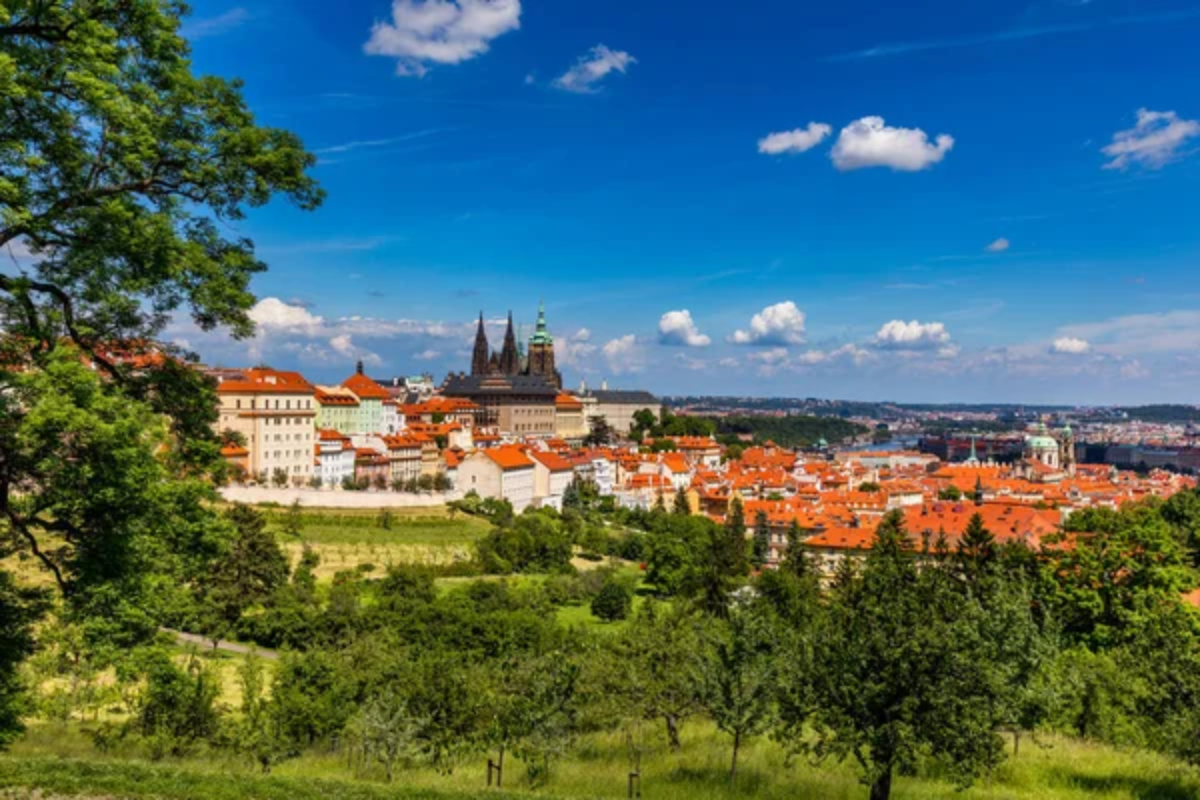
A miniature Eiffel Tower crowns this green space, accessible by funicular railway from Lesser Town. A mirror maze and rose gardens delight families, while an observation tower provides 360-degree city views.
The trek on foot involves serene paths through orchards and forests.
Like Travel Pug’s content? Follow us on MSN.
Karlštejn Castle Day Trip
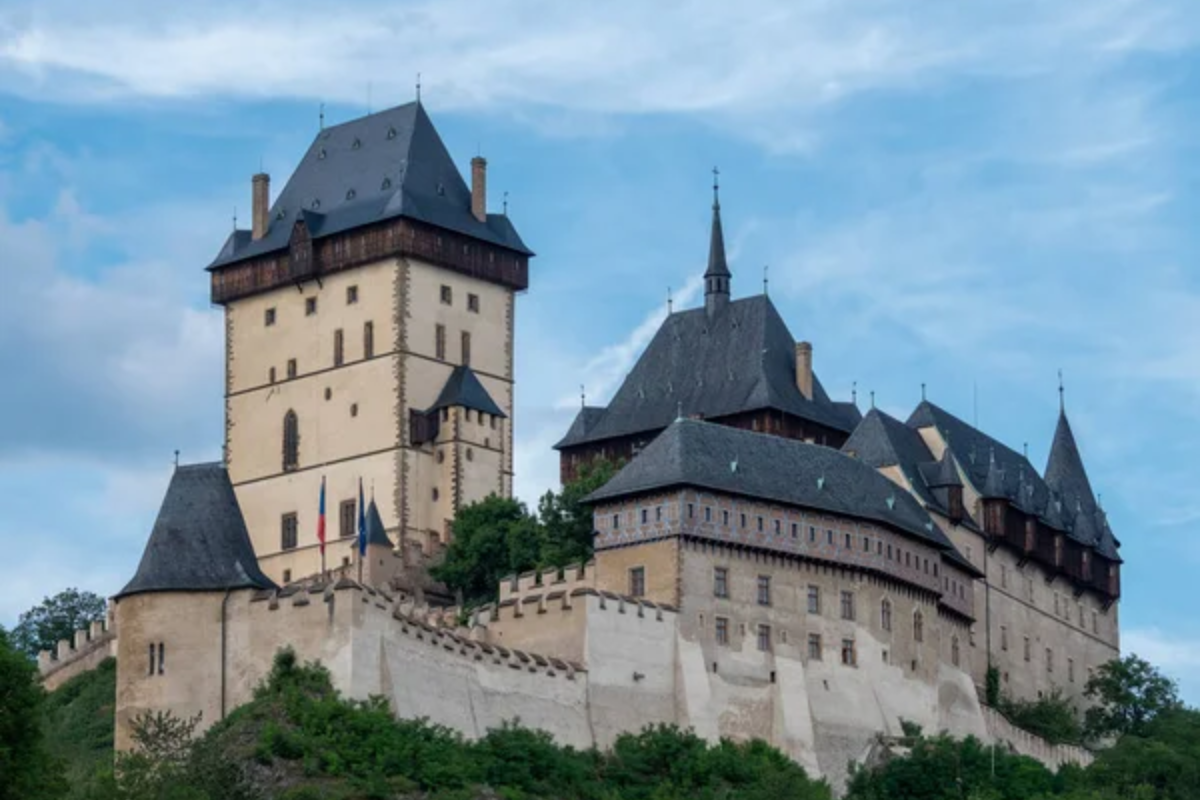
This fortified castle, 30 miles from Prague, served as the treasury for the Holy Roman Empire’s crown jewels. Its dramatic hilltop position required sophisticated 14th-century defense systems.
The Chapel of the Holy Cross features 2,200 precious stones adorning religious artwork.
Traditional Puppet Theater
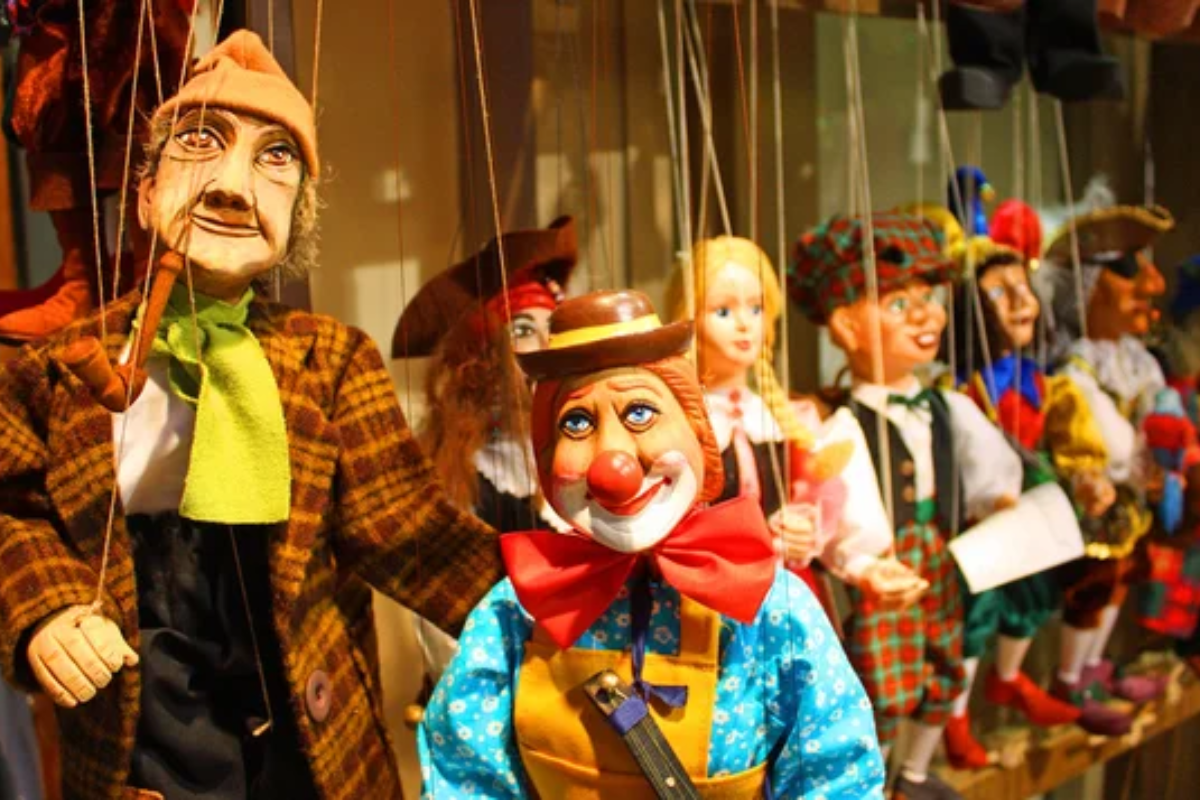
These shows are the continuation, for modern times, of the original entertainment traditions through black-light and marionette. The Don Giovanni in the National Marionette Theater is staged with original techniques of days when the opera was premiered.
Children’s performances constitute another instance of entertainment-maturing into cultural education.
U Medvídků Brewery Visit
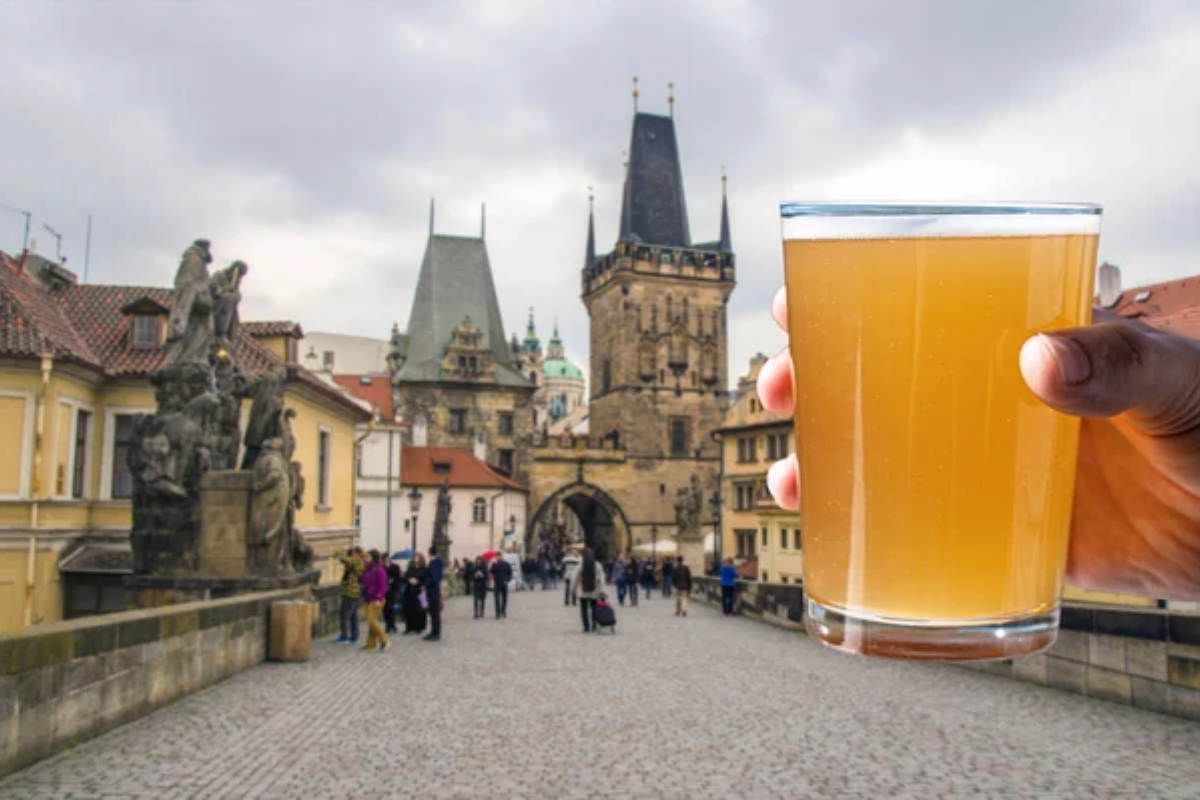
Since 1466, this historic site has brewed the world’s strongest beer, 35.2% ABV, alongside more reasonable selections. The brewery museum traces medieval brewing technology, while the restaurant serves traditional Czech cuisine.
Sample beers progress sensibly from light pilsners to stronger specialties.
Like Travel Pug’s content? Follow us on MSN.
Where Spires Touch Time
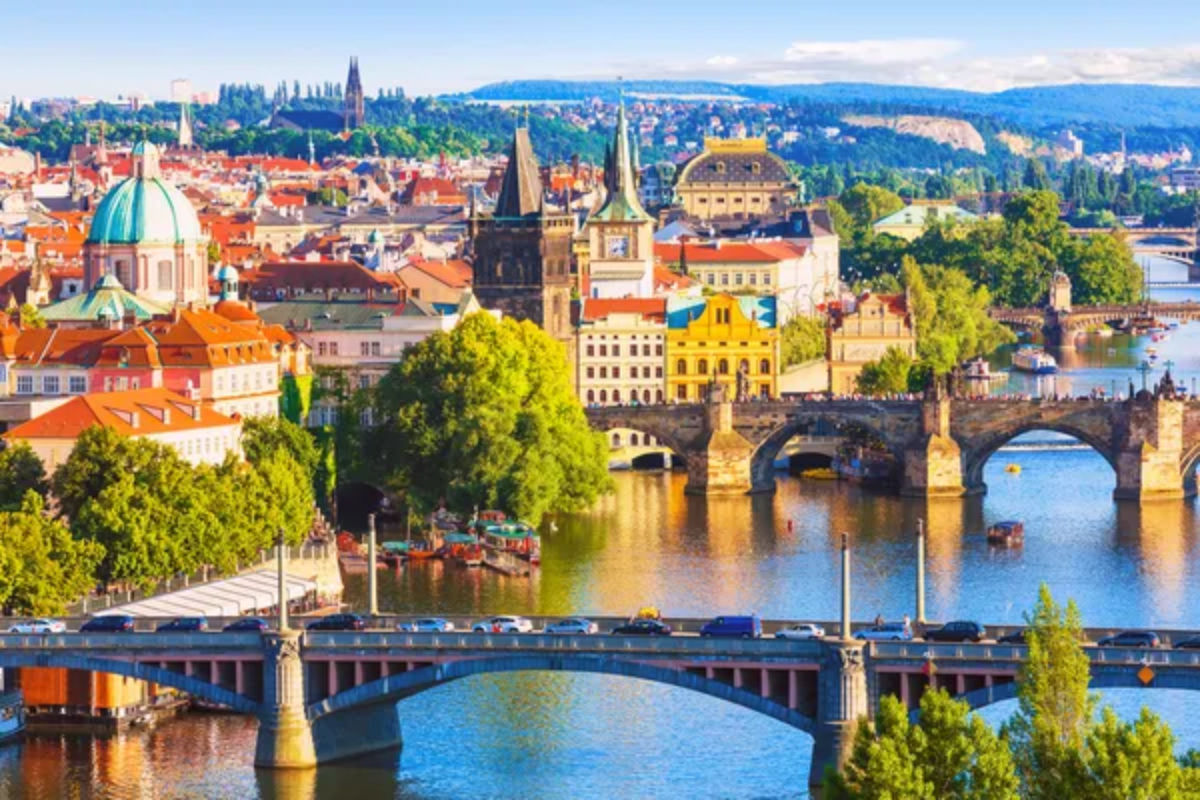
These 20 moments show how Prague preserves a medieval scale with contemporary flair. Unlike amber museum cities, Prague’s historic buildings still harbor shops, apartments, and eateries integrated into daily life. The astronomical clock still shows different types of time because locals still need to know when to gather for dinner. Gothic cathedral sermons persist despite tourist camerawork simultaneously taking place.
This living history creates spaces where the past and the present meet and function together. Whether climbing over castle walls or descending into jazz basements, visitors discover a city that meets history as base, not as ornament, one that stacks experiences of each succeeding generation on those that came before.
More from Travel Pug

- Cities Growing so Fast You Won’t Recognize Them in 10 Years
- 13 Destinations Where Tourists Regularly Regret Their Trip
- 16 U.S. Cities That Are Quietly Becoming Travel Hotspots
- Where to Travel If You Love Long Bus Rides and Daydreams
- 20 Cities Perfect for Solo Travelers Who Crave Adventure & Culture
Like Travel Pug’s content? Follow us on MSN.
